US brought Vienna talks to halt by seizure of Iran oil cargo: Report
A report holds the US to blame for the pause in the talks in Vienna on a potential revival of the 2015 Iran deal, saying the halt was announced in the wake of Washington's seizure of Iranian oil cargo at sea.
The Middle East Eye (MEE) news portal said that the Iranian delegation to the Vienna negotiations had repeatedly warned the US not to confiscate the cargo worth $38 million, just as the discussions were coming to fruition.
Late on Thursday, however, AP reported that the two Greek-managed vessels discharged their cargo in Houston and the Bahamas at the direction of US law enforcement, after they were seized as part of “an elaborate sanctions-busting scheme.”
The development came after reports emerged from Vienna that Iran was on the verge of securing a much better deal than the one reached in 2015, officially called the Joint Comprehensive Plan of Action (JCPOA), and that Iranian chief negotiator Ali Bagheri-Kani had secured key rights for the Islamic Republic.
These rights, the MEE reported, include the right to disconnect, but not dismantle, the cascades of advanced centrifuges at three sites in Iran as an “implicit guarantee” should the US renege on the deal.
It added that under the deal being finalized in Vienna, most of the sanctions that the US imposed when former president Donald Trump pulled Washington out of the JCPOA in May 2018 would have been lifted, it added.
Nearly all the people and companies targeted by Trump’s "maximum pressure" campaign would have been released from sanctions, according to the report.
A system of verification would have been devised whereby each side would be given set dates, by which time each side would have to honor their commitments.
Additionally, a peace package would have included the return of Iran’s frozen funds from South Korea, Japan and Iraq, and a prisoner exchange.
“Ninety nine percent is already agreed, but that remaining one percent is of high quality,” an Iranian delegate to the talks told the MEE.
"You may manage to agree on the balance of issues, but some thorny issues remain that require right decisions. No one can accuse Iran of being intransigent.”
The oil seizure is a clear sign of US President Joe Biden’s “vulnerability to the charge that his chief negotiator, Rob Malley, has given too much away in Vienna,” the MEE said.
Gabriel Noronha, an ex-official of former US secretary of state Mike Pompeo’s Iran Action Group who devised Trump’s “maximum pressure” policy, accused Biden of letting Malley “continue to concede issue after issue in Vienna. Multiple career officials view these capitulations as so detrimental to US national security that they contacted me requesting that I rapidly share details of these concessions with Congress and the public in an effort to stop them.”
The Vienna talks began last April on the assumption that the US, under the Joe Biden administration, is willing to repeal the “maximum pressure” policy pursued by Trump.
Tehran says it won’t settle for anything less than the removal of all US sanctions in a verifiable manner. It also wants guarantees that Washington would not abandon the agreement again.
‘Textbook definition of terrorism’: Tehran denounces Pelosi’s call on US to exact ‘pain’ on Iranians
VIDEO | 39th AU summit opens in Addis Ababa with focus on water security, peace, and development
VIDEO | Iran: The stronghold Washington lost
Anti-Iran ‘Munich circus’ shows Europe has lost geopolitical weight: Araghchi
Swiss to act as venue of next round of Iran-US talks: Report
Report: Over 50,000 soldiers fighting in Israeli military hold foreign citizenship
Danish PM warns US attack on Greenland would spell end of NATO
Power running out at key Gaza hospital, ICU patients at risk: Report


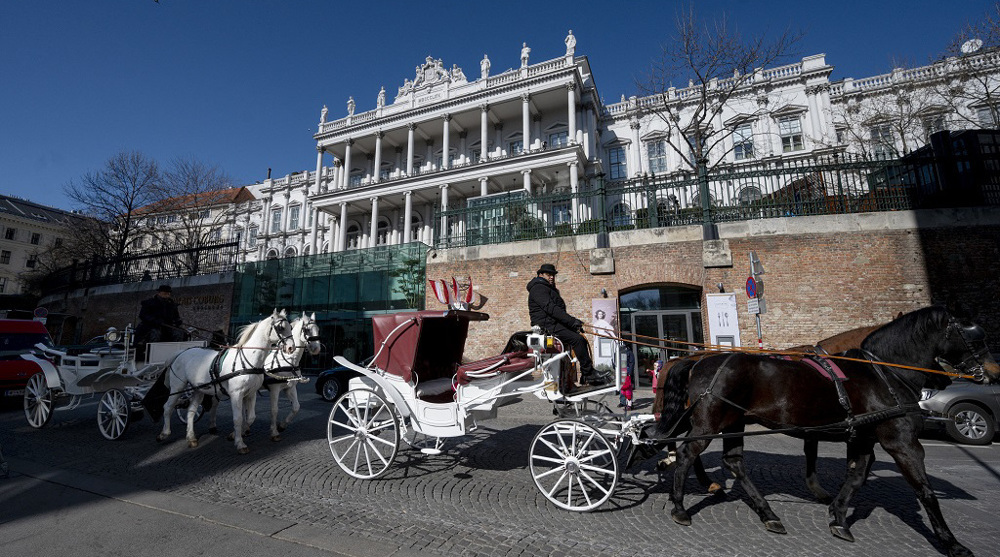
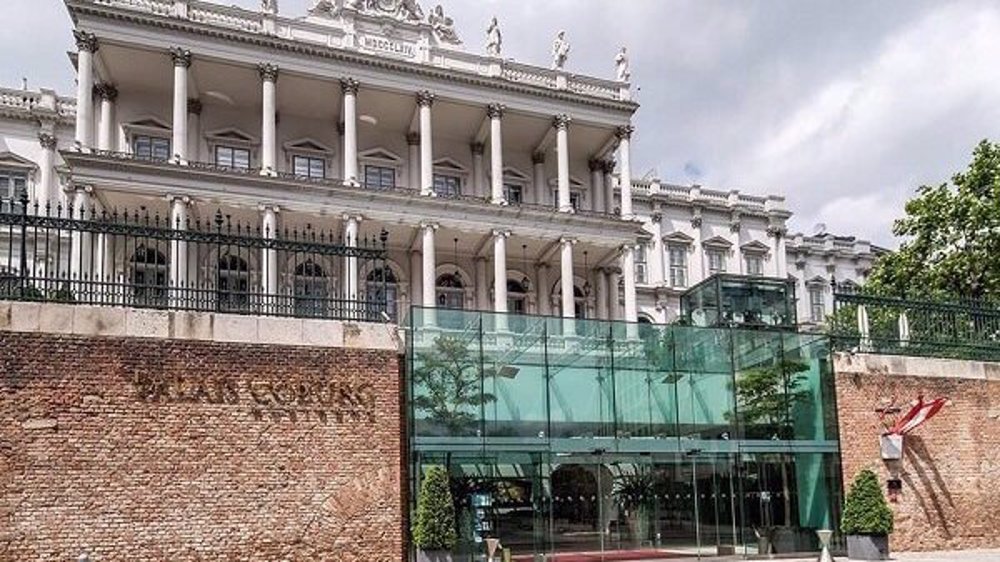
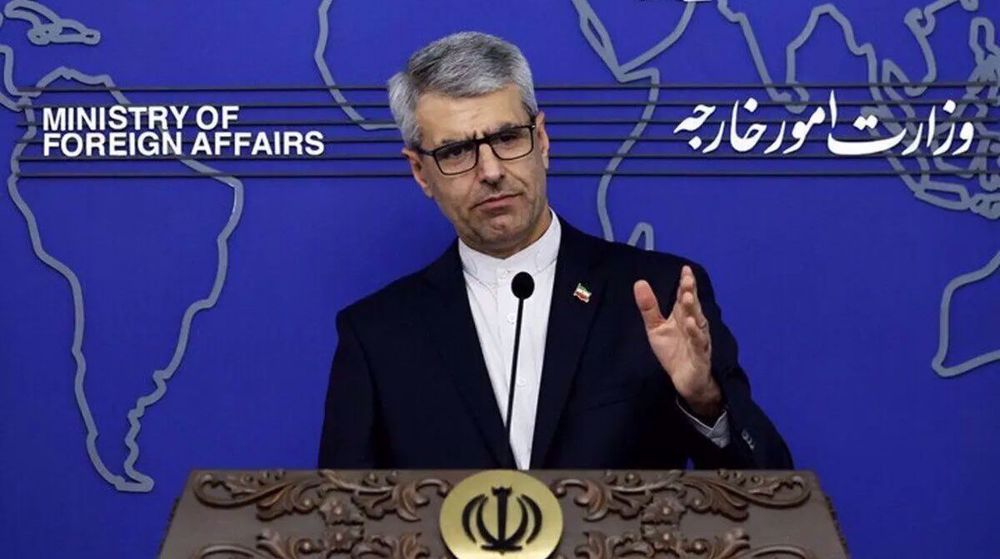
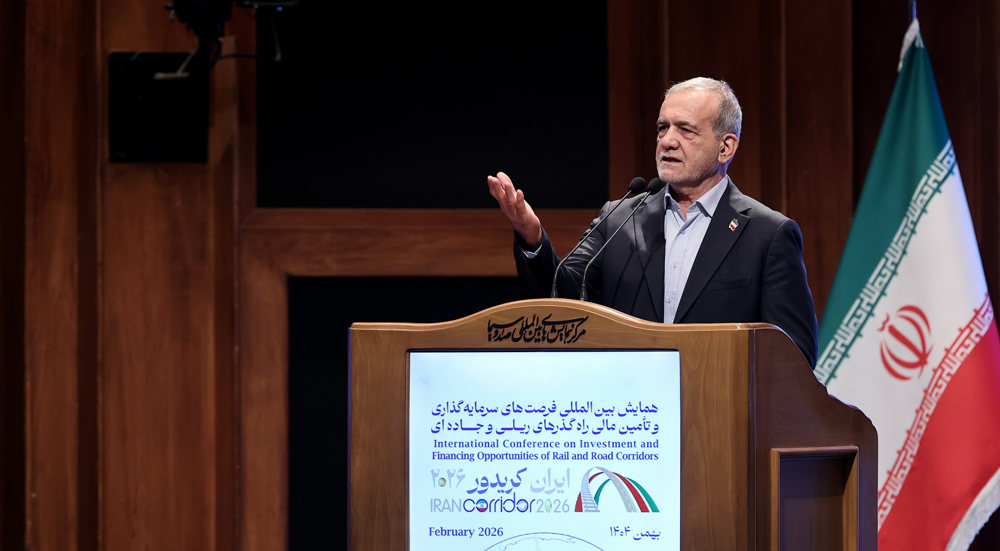
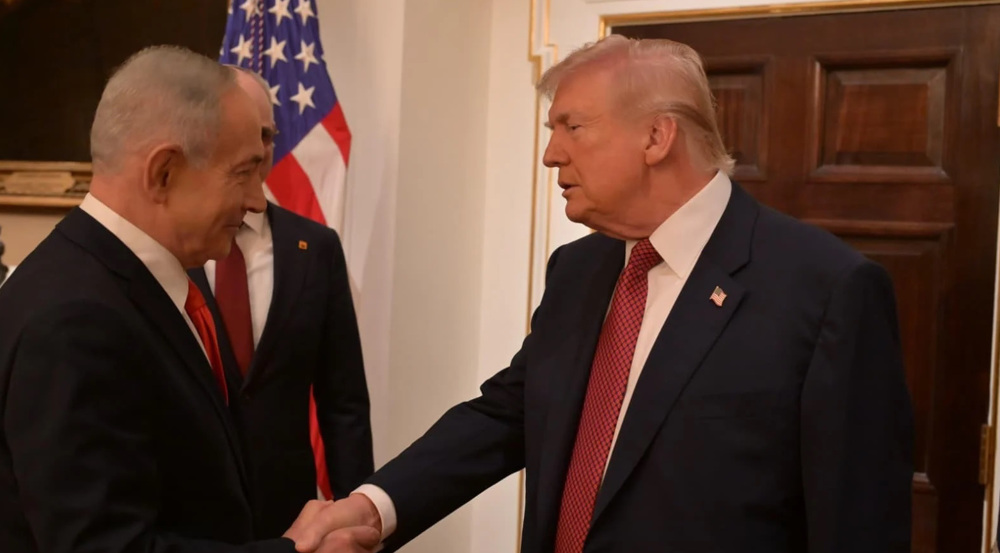




 This makes it easy to access the Press TV website
This makes it easy to access the Press TV website